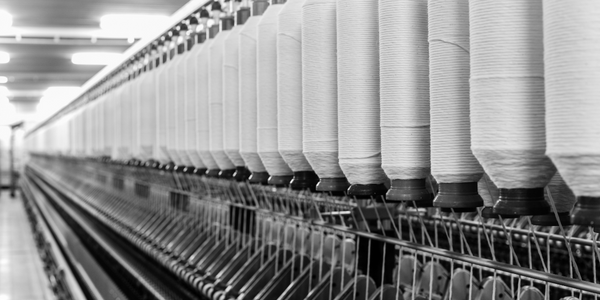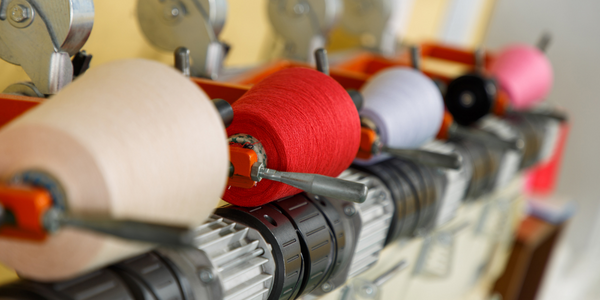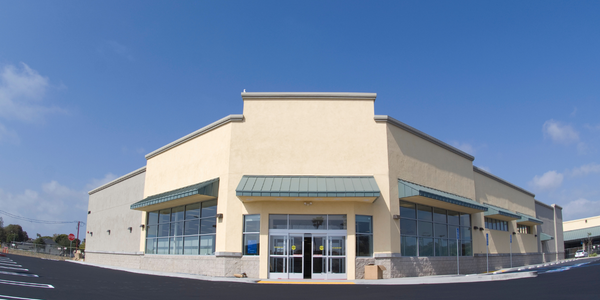Applicable Industries
- Apparel
Applicable Functions
- Logistics & Transportation
- Procurement
Use Cases
- Supply Chain Visibility
About The Customer
Ethical Merch Co's customers are primarily large non-profit organizations. These customers value not only the price of the promo goods and branded apparel they purchase but also the reputation of the brands they associate with. They are interested in ethically sourced products and are keen on partnering with companies that can provide such goods. These customers also look at SAQ and SMETA audit data, indicating a strong interest in the ethical practices of their suppliers. By choosing to work with Ethical Merch Co, these customers are demonstrating a commitment to responsible sourcing and ethical business practices.
The Challenge
Ethical Merch Co, an Australian manufacturer and reseller of promo goods and branded apparel, faced a significant challenge as it began to grow and acquire large non-profit customers. While price was a crucial factor for their customers, Ethical Merch Co understood that brand reputation was even more critical. The company was faced with the challenge of providing their clients with ethically sourced products, a task that required a deep understanding of their supply chain and the ability to ensure ethical practices at every level. The company's Managing Director, Nathan Kingston, recognized the need to partner with a company that shared their strong business ethics and could help them meet this challenge.
The Solution
Ethical Merch Co partnered with Sedex, a company known for its strong business ethics, to meet the challenge of providing ethically sourced products. Sedex helped Ethical Merch Co educate themselves and others in their supply chain about responsible business. Ethical Merch Co used Sedex SAQ data, SMETA audit data, and a bespoke questionnaire, supplemented by telephone interviews, to map and explore their supply chain. They were able to map their first tier of supply chain and for some products, they mapped further tiers. This allowed Ethical Merch Co to educate both their customers and their suppliers about the value of responsible business. Additionally, Ethical Merch Co produced an Ethical Sourcing Roadmap, a business plan, and a code of conduct to address their growth ambitions in the most sustainable way. They also voluntarily produced and submitted a Modern Slavery Statement, despite not being required to by law.
Operational Impact

Case Study missing?
Start adding your own!
Register with your work email and create a new case study profile for your business.
Related Case Studies.

Case Study
Fire Alarm System and Remote Monitoring Sytem
Fire alarm systems are essential in providing an early warning in the event of fire. They help to save lives and protect property whilst also fulfilling the needs of insurance companies and government departments.Fire alarm systems typically consist of several inter-linked components, such as smoke detectors, heat detector, carbon monoxide, manual call points, sounders, alarm and buzzer. The fire alarm system should give immediate information in order to prevent the fire spread and protect live and property.To get maximum protection a shoe manufacturer in Indonesia opted for a new fire alarm system to monitor 13 production sites spread over 160 hectars. Although the company had an existing fire alarm system, it could not be monitored remotely.It was essential that the new system would be able to be monitored from a central control room. It needed to be able to connect to the existing smoke detector and manual call point. Information should be easily collected and passed on to the Supervisory Control and Data Acquisition (SCADA) system. Furthermore, the system should have several features such as alarm management, auto reporting, being connected to many client computers without additional cost, and run 24/7 without fails. The company also needed a system which could be implemented without changing the architecture of the existing fire alarm system.

Case Study
IoT Applications and Upgrades in Textile Plant
At any given time, the textile company’s manufacturing facility has up to 2,000 textile carts in use. These carts are pushed from room to room, carrying materials or semi-finished products. Previously, a paper with a hand-written description was attached to each cart. This traditional method of processing made product tracking extremely difficult. Additionally, making sure that every cart of materials or semi-finished products went to its correct processing work station was also a problem. Therefore, the company desired an intelligent solution for tracking assets at their factories. They also wanted a solution that would help them collect process data so they could improve their manufacturing efficiency.

Case Study
Retailer Uses RFID Scanner to Improve Efficiency
Patrizia Pepe wished to improve the logistics of their warehouse: accepting incoming goods from their production sites, movement of items throughout
the warehouse, and packaging of goods for distribution to the retail locations. They initially tried to use barcodes for this function. Because barcodes must be individually scanned within a line-of-sight, the acceptance of goods coming into the warehouse was too time consuming. Working with the University of Florence, Patrizia Pepe instituted a five-month pilot project beginning in August of 2009 to test the validity of an RFID solution. The pilot involved tagging of about 60,000 items for the second seasonal collection, and convinced the company to move forward with tagging all items.

Case Study
Monitoring and Controlling Automatic Mixing and Dispensing Machines
As technology advances, textile manufacturing has been transformed from a labor-intensive to a partially or fully automated industry. Automation is significant in all segments of textile production - from spinning to printing, and textile machinery manufacturers are constantly searching for new technologies and automation processes will increase the productivity of their machines. The color paste mixing and dispensing machine is an essential part of the printing and dyeing process. With the advantage of automatically computerized controls and database management, the system can significantly improve its dispensing precision, working efficiency and production quality as well as reducing material consumption.









